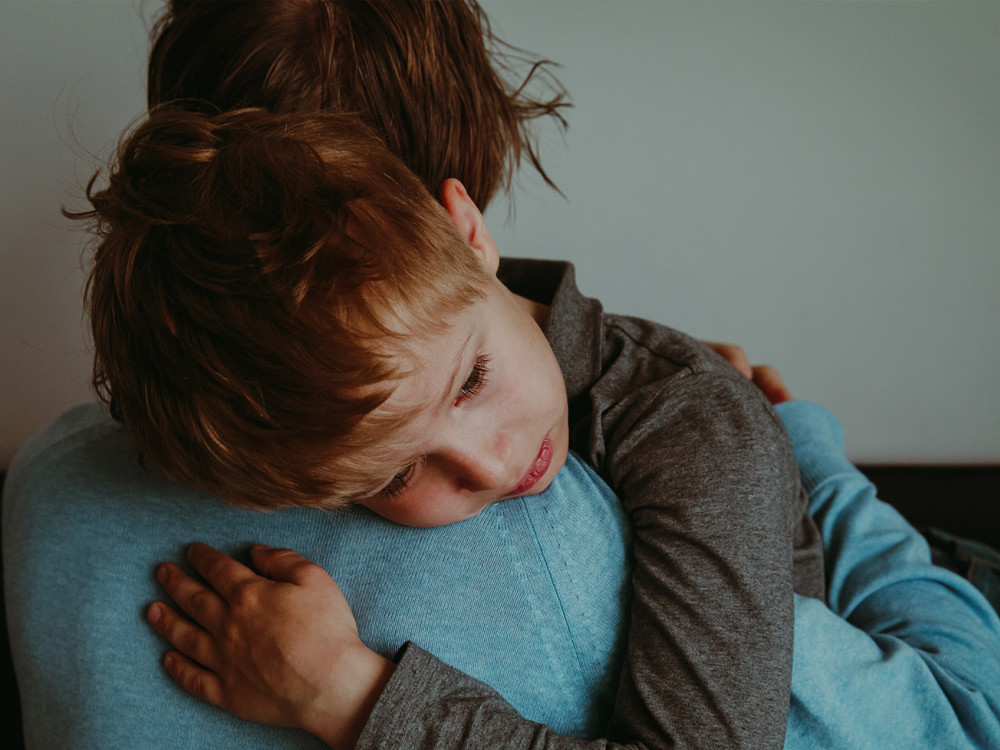
Five Tips From a Teacher About Talking To Kids About Coronavirus Fears
March 13, 2020
As New Jersey Schools Struggle to Go Virtual, Here’s What We Can Learn From New Egypt High School.
March 17, 2020With Kids at Home, Parents Are Overwhelmed. Here Are Resources That Can Help.
This is a guest post by my friend and colleague Erika Sanzi. Erika is a former educator and elected school committee member and the chief editor of Project Forever Free, where this piece first appeared.
I wish my kids loved to read. But they don’t. They don’t even like it very much. And this may present a challenge as we move forward into a pandemic that will likely have our kids out of school for the foreseeable future. Changing the very nature of our children is a tall order but perhaps we can strategize together about ways to engage their minds during what will undoubtedly be an incredibly challenging and overwhelming time for millions of us.
I have all boys and that may have something to do with their united front against reading for pleasure. Even though they are unanimous in their assertion that I am the most boring person on planet earth during a vacation because all I want to do is read, my modeling has not borne fruit. They call me lame, bend down for a quick kiss on the head, and then scamper off to throw the football, play basketball or ride a rollercoaster with Dad.
This anti-reading sentiment can be frustrating during normal times but even more challenging during what may be weeks, or even months, out of school. And I wish I could say that wrestling them to the ground like an alligator and handing them a book would work but take it from someone who has tried that—it doesn’t.
My kids do love to watch Jeopardy. It involves some reading, and some listening and competition. It is on every weeknight (7:30 pm EST where I live) and a few seasons are also available on Netflix. I highly recommend it.
But I am no expert on online learning or homeschooling and no one is worse at routines than I am. Fortunately for all of us with children at home, the school closures due to COVID-19 have unleashed a wave of free resources and wisdom from parents and content creators for whom online learning is a way of life.
While lots of schools will have specific online learning requirements and assignments, many will not. And lots of the resources shared here can be supplemental and entertaining time-fillers. Parents who already homeschool or use online schooling have been particularly generous in sharing their experience, resources and tricks as they watch mainstream America scramble to navigate what is already a way of life for them.
First, here is a 9 minute video that can help all of us—kids included—understand what is currently happening worldwide with COVID-19 and why we find ourselves gearing up to “do school” at home.
The Cato Institute was quick to put out a very comprehensive and varied list of free online resources for parents to use during school closures.
Khan Academy has stepped up and provided parents and schools with daily schedule templates and curriculum resources for students in PreK through 12th grade. They also offer up examples of age appropriate podcasts, books and magazines, and elective courses. And on the support front, they having daily (weekdays) 9am PST/12 EST live streams on Facebook, YouTube and Twitter for students, parents and teachers navigating school closures. All of this is free of charge.
The Federalist put out a 6-Step Quick-Start Guide to substituting for your kid’s school while it’s closed. My friend Robert Pondiscio added two more steps—I agree wholeheartedly with both of them.

Scholastic is offering a ‘Learn at Home’ program.
New School Venture Fund curated a list of resources, including those that their own staff plan to use with their children while working from home.
PBS KIDS has a series based on the Ordinary People Change the World books—students work on literacy and social studies while traveling back in time to learn about the lives of Zora Neale Hurston, Susan B. Anthony, Johann Sebastian Bach, Harry Houdini and many many more.
And for the high school aged crowd, my son’s former social studies teacher alerted me to Generation Gulag, an effort to share the stories of Stalin’s prison camps before those he imprisoned pass away. Historians estimate that as part of the gulag, Soviet authorities imprisoned or executed about 25 million people.
Author and illustrator dad Jarrett J. Krosoczka is giving daily art classes via livestream at 2pm EST.
And here is a Facebook group for that provides parent support for online learning.
None of this is going to be easy and we at Project Forever Free and the brightbeam network stand ready to provide information and support to families as they prepare to have children home from school indefinitely. Perfect is not the goal—the goal is that every parent finds something that works for their particular situation and keeps their children engaged and learning something (even if it comes from podcasts and Ted Talks instead of math problem sets.) We will be forced to settle into a new normal and learning and enrichment can be part of that for every child.
If there are additional resources to add here, please feel free to send along and we’ll add them.
Onward.




